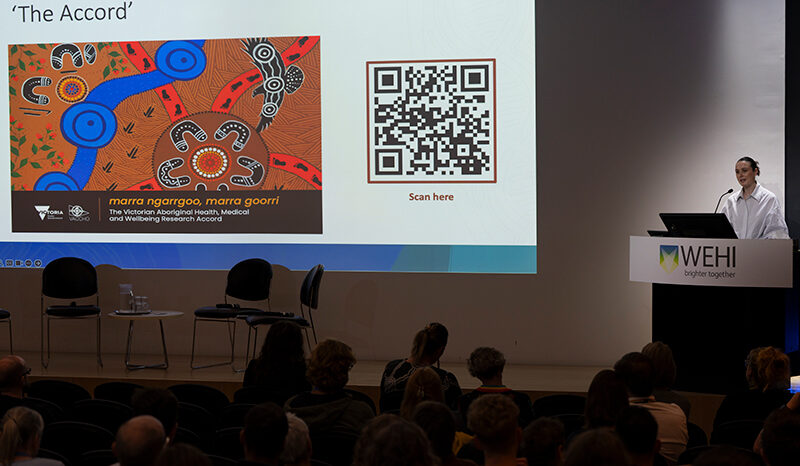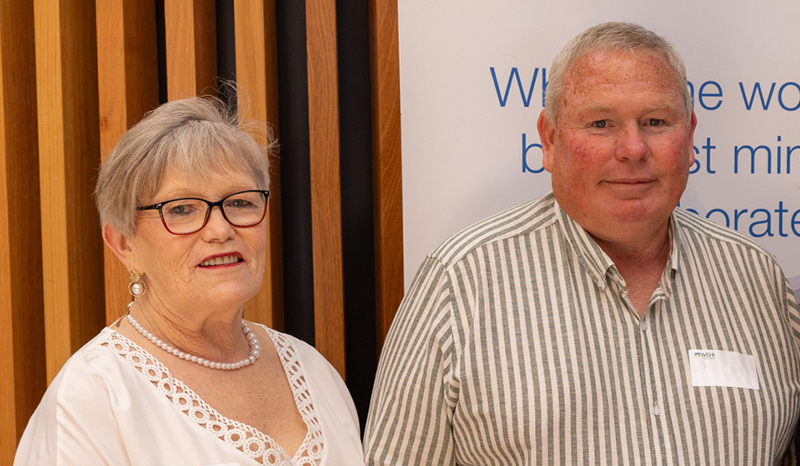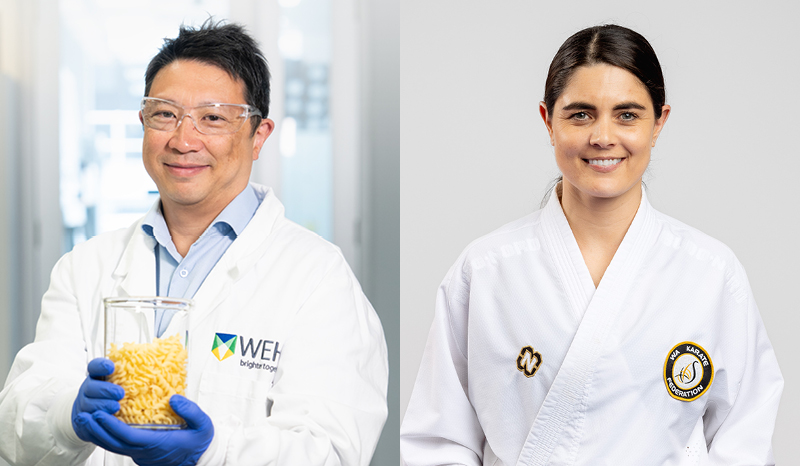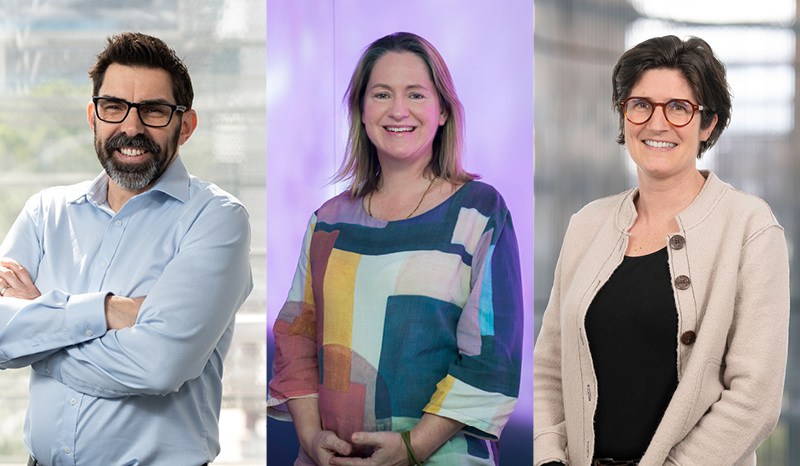What do you currently do?
My laboratory investigates the evolution of transmissible cancers in dogs and Tasmanian devils. Transmissible cancers are malignant clones that spread between individuals via the transfer of living cancer cells through biting.
Our goal is to understand how these cancers arise, how they adapt and change, and how the host immune system responds.








